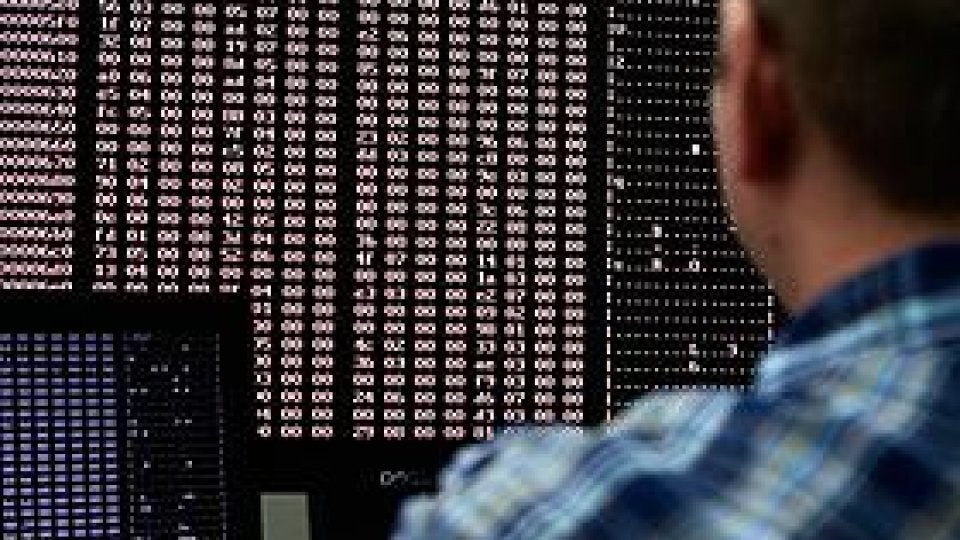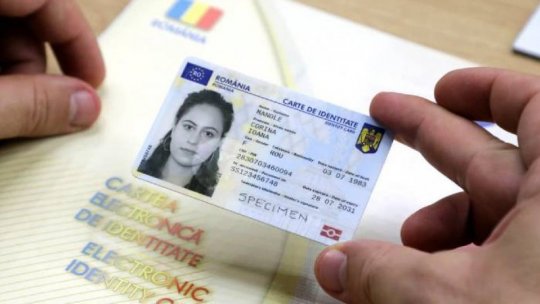Cyber-attacks: EU Council now able to impose sanctions
European Union and its Member States are getting ready to be more resistant and to respond to cyber-attacks.

18 Mai 2019, 22:45
European Union and its Member States are getting ready to be more resistant and to respond to cyber-attacks. On 17 May 2019, Council of the European Union established a framework which allows the EU to impose targeted restrictive measures to deter and respond to cyber-attacks which constitute an external threat to the EU or its Member States, including cyber-attacks against third States or international organizations where restricted measures are considered necessary to achieve the objectives of the Common Foreign and Security Policy (CFSP).
Cyber-attacks falling within the scope of this new sanctions regime are those which have significant impact and which:
• originate or are carried out from outside the EU or
• use infrastructure outside the EU or
• are carried out by persons or entities established or operating outside the EU or
• are carried out with the support of person or entities operating outside the EU.
Attempted cyber-attacks with a potentially significant effect are also covered by this sanctions regime.
More specifically, this framework allows the EU for the first time to impose sanctions on persons or entities that are responsible for cyber-attacks or attempted cyber-attacks, who provide financial, technical or material support for such attacks or who are involved in other ways. Sanctions may also be imposed on persons or entities associated with them.
Restrictive measures include a ban on persons travelling to the EU, and an asset freeze on persons and entities. In addition, EU persons and entities are forbidden from making funds available to those listed.
RRA Correspondent in Brussels, Amalia Bojescu: EU Council document does not mention any state in particular, but Europeans have repeatedly denounced cyberattacks coming from Russia, China, North Korea and Iran.
Source:RRA,Press Center of the Council of the European Union









